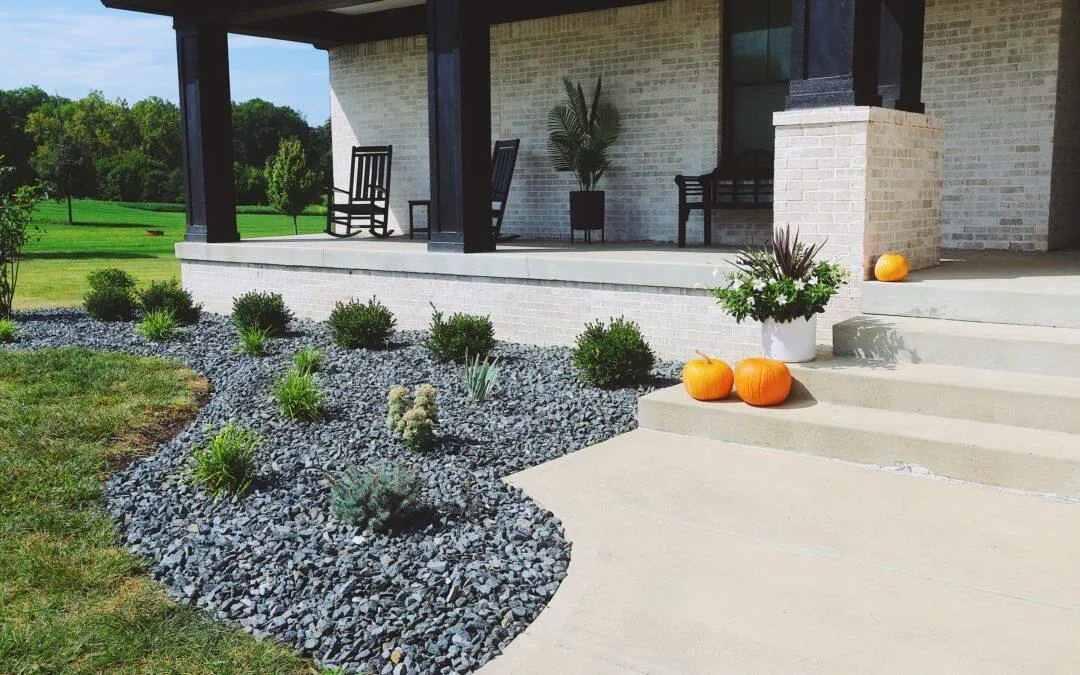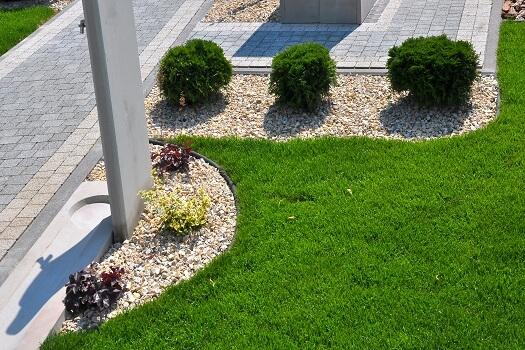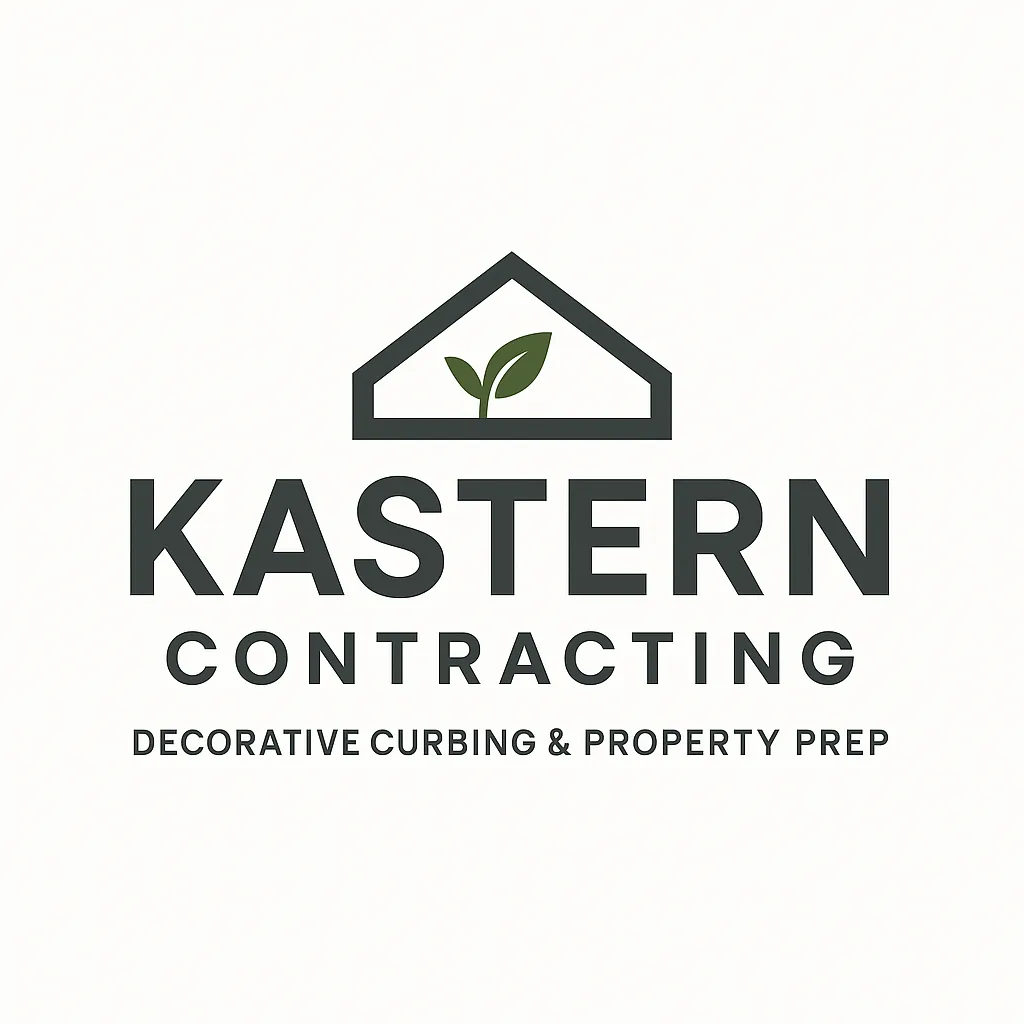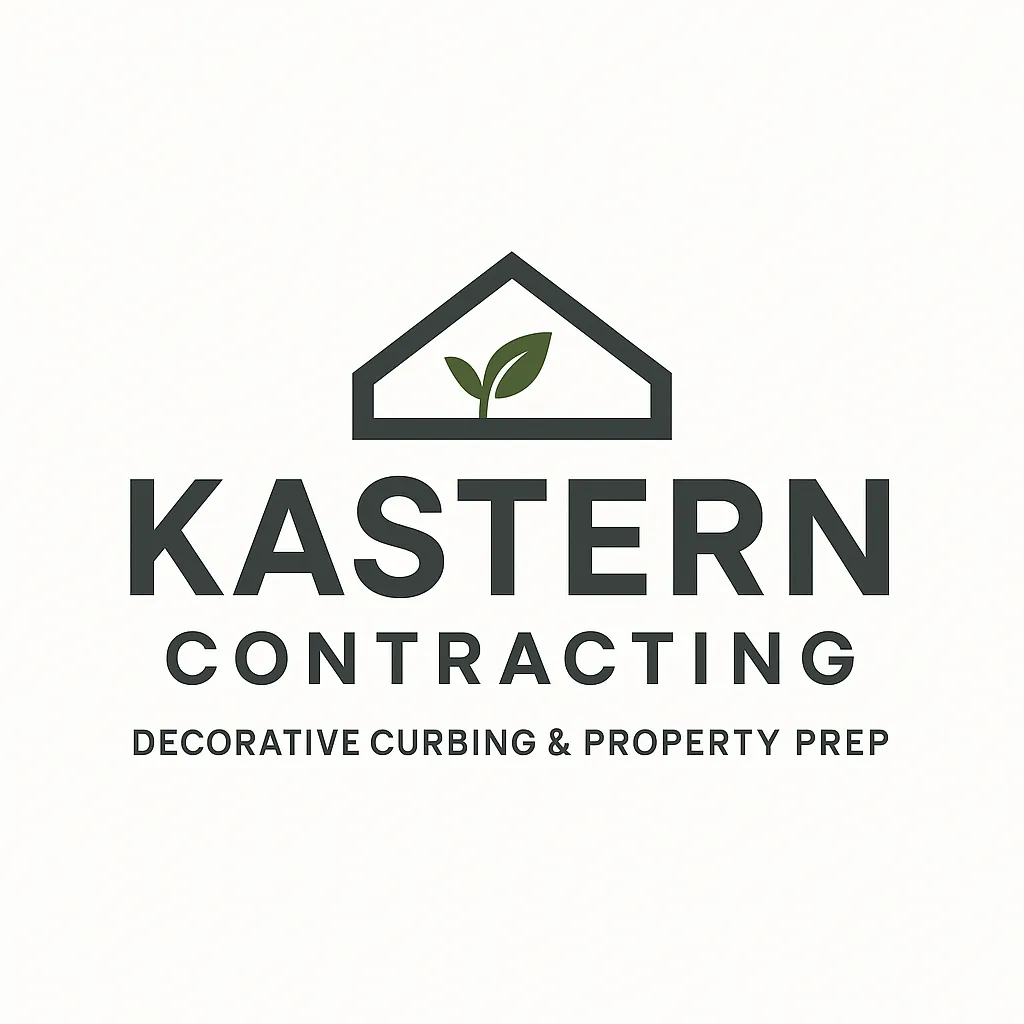
Smart Eco-Friendly Yard Design in Superior, WI & Surrounding Areas
Homeowners in Superior, Wisconsin, and nearby towns like Duluth, Ashland, Washburn, Bayfield, Iron River, and Solon Springs are increasingly turning to eco-friendly landscaping as a way to conserve water, support local wildlife, and create more resilient outdoor spaces. By embracing sustainable design practices such as native planting, rain gardens, xeriscaping, and permeable hardscapes, residents can transform their properties into beautiful landscapes that withstand Northern Wisconsin’s challenging climate while boosting long-term property value.
Why Choose Eco-Friendly Yard Design in Superior, WI?
Eco-friendly yard design is especially beneficial in Superior’s climate because it reduces water use, supports biodiversity, and minimizes maintenance. Instead of traditional high-maintenance lawns, these landscapes rely on native plants and sustainable techniques that promote healthy soil, efficient water use, and year-round appeal without constant upkeep. This approach ensures your yard thrives through Superior’s clay soils, harsh winters, and unpredictable rainfall.
What Are the Environmental Benefits of Sustainable Landscaping?
Sustainable landscaping offers multiple environmental advantages for properties in Superior and nearby communities. It helps conserve water by incorporating drought-tolerant plants and rain gardens, while improving soil health through compost, organic matter, and erosion control. It also supports local wildlife by providing natural habitat and food sources for birds, bees, and butterflies. By reducing chemical runoff and cutting down watering needs, these practices create a self-sustaining ecosystem that benefits the Lake Superior watershed.
How Does Sustainable Landscaping Boost Property Value in Northern Wisconsin?
Eco-friendly landscaping significantly improves property value across Northern Wisconsin, including towns like Bayfield and Ashland. Homes with sustainable yards are more appealing to buyers because they combine natural beauty with practical cost savings. Thoughtful planting increases curb appeal with color and texture throughout the seasons, while low-maintenance designs reduce the need for watering, mowing, and fertilizing. These benefits can increase resale value, with some homes achieving five to ten percent higher selling prices compared to traditional landscapes.
What Local Climate and Soil Challenges Affect Yard Design in Superior?
Yard design in Superior comes with unique challenges such as clay-heavy soils, cold winters, and fluctuating rainfall. Clay soil often causes poor drainage and compaction, while harsh winters bring frost heave that stresses plant roots. Rainfall patterns can also lead to erosion and runoff that pollute nearby waterways. Sustainable design addresses these issues through techniques like amending soils in rain gardens, planting deep-rooted native perennials, and using permeable paving to allow water to soak naturally into the ground.
Which Native Plants Work Best in Superior, WI Yards?
Native plants are ideal for yards in Superior, Duluth, and surrounding Northern Wisconsin towns because they are naturally adapted to the region’s clay soils, cold winters, and short growing seasons. Perennials such as Rough Blazing Star, Purple Coneflower, Wild Bergamot, and Black-eyed Susan add vibrant color while supporting pollinators and resisting drought. Native trees and shrubs like Sugar Maple, Serviceberry, Highbush Cranberry, and American Witch-hazel offer shade, berries, seasonal color, and valuable habitat for birds and insects.
How Can You Build Pollinator-Friendly Gardens?
Creating pollinator-friendly gardens in places like Washburn or Iron River is simple and rewarding. By planting a variety of native species that bloom from spring through fall, you provide continuous food sources for bees, butterflies, and hummingbirds. Choosing flat-topped flowers such as asters and coneflowers makes it easier for pollinators to land and feed. Providing sheltered spots for ground-nesting bees and avoiding pesticides also helps pollinator populations thrive while improving fruit and vegetable yields in your garden.
How Do You Design and Install Rain Gardens in Superior, WI?
Rain gardens are a practical and beautiful way to manage stormwater runoff in Superior and nearby towns. They collect water from roofs, driveways, and lawns, allowing it to soak slowly into the ground while filtering pollutants. In clay soils, you can dig a shallow depression, mix native soil with compost and sand to improve drainage, and build a small berm on the lower side to hold water temporarily. Planting deep-rooted native wetland species like Blue Flag Iris, Joe Pye Weed, Culver’s Root, and Stiff Goldenrod ensures the garden can handle both wet and dry periods while enhancing local biodiversity.
What Are the Best Water-Wise Landscaping (Xeriscaping) Ideas?
Xeriscaping is an excellent approach for reducing outdoor water use in places like Bayfield and Solon Springs. This method involves replacing traditional lawns with drought-tolerant native grasses, groundcovers, and ornamental perennials, and grouping plants with similar water needs to reduce waste. Incorporating gravel paths, decorative stone mulch, and drip irrigation systems can reduce watering needs by up to seventy percent. Rain barrels can also capture and store roof runoff for use during dry periods, making your landscape more self-sufficient.
How Can Sustainable Hardscaping Improve Yard Design?
Sustainable hardscaping enhances both the function and resilience of landscapes across Northern Wisconsin. Permeable paving systems such as interlocking concrete pavers, porous asphalt, or gravel grids allow rainwater to soak through instead of running off into storm drains. Retaining walls and pathways built with local stone or recycled materials help control erosion while blending naturally into the environment. Using salvaged wood, reclaimed bricks, and locally quarried stone also lowers environmental impact while giving your landscape a distinct local character.
How Can Kastern Contracting Help Create an Eco-Friendly Yard in Superior?
Kastern Contracting specializes in designing and building sustainable yards tailored to Superior’s climate and surrounding communities. Their services include rain garden design and installation, native plant selection, xeriscaping, smart irrigation systems, and eco-friendly hardscape construction such as patios and permeable driveways. They begin with thorough assessments of soil conditions and drainage, select plants resilient to freeze-thaw cycles, and integrate features like swales and berms to manage water flow. Homeowners can request a free consultation to receive a custom plan that blends durability, beauty, and sustainability—creating a landscape that adds long-term value while protecting Northern Wisconsin’s natural resources.
Final Thought
Investing in professional residential concrete repair not only restores your home’s appearance but also safeguards its structural integrity for years to come. Addressing issues early and choosing skilled contractors ensures lasting results, giving you peace of mind and a stronger, safer property.

What is eco-friendly yard design?
Eco-friendly yard design focuses on sustainable landscaping practices, such as using native plants, conserving water, reducing chemical use, and creating habitats for local wildlife.
How can eco-friendly landscaping save me money?
By reducing water usage, minimizing lawn maintenance, and using low-maintenance native plants, you can lower utility and upkeep costs over time.
Are native plants better for my yard?
Yes. Native plants are adapted to local soil and climate conditions, requiring less water, fertilizer, and care than non-native species.
Can an eco-friendly yard still look beautiful?
Absolutely. Sustainable landscapes can be both stunning and functional, featuring colorful native flowers, natural stone, rain gardens, and pollinator-friendly plants.
What are some simple ways to start making my yard eco-friendly?
You can start by planting drought-tolerant native plants, installing a rain barrel, using organic mulch, and reducing turf grass areas to save water.

